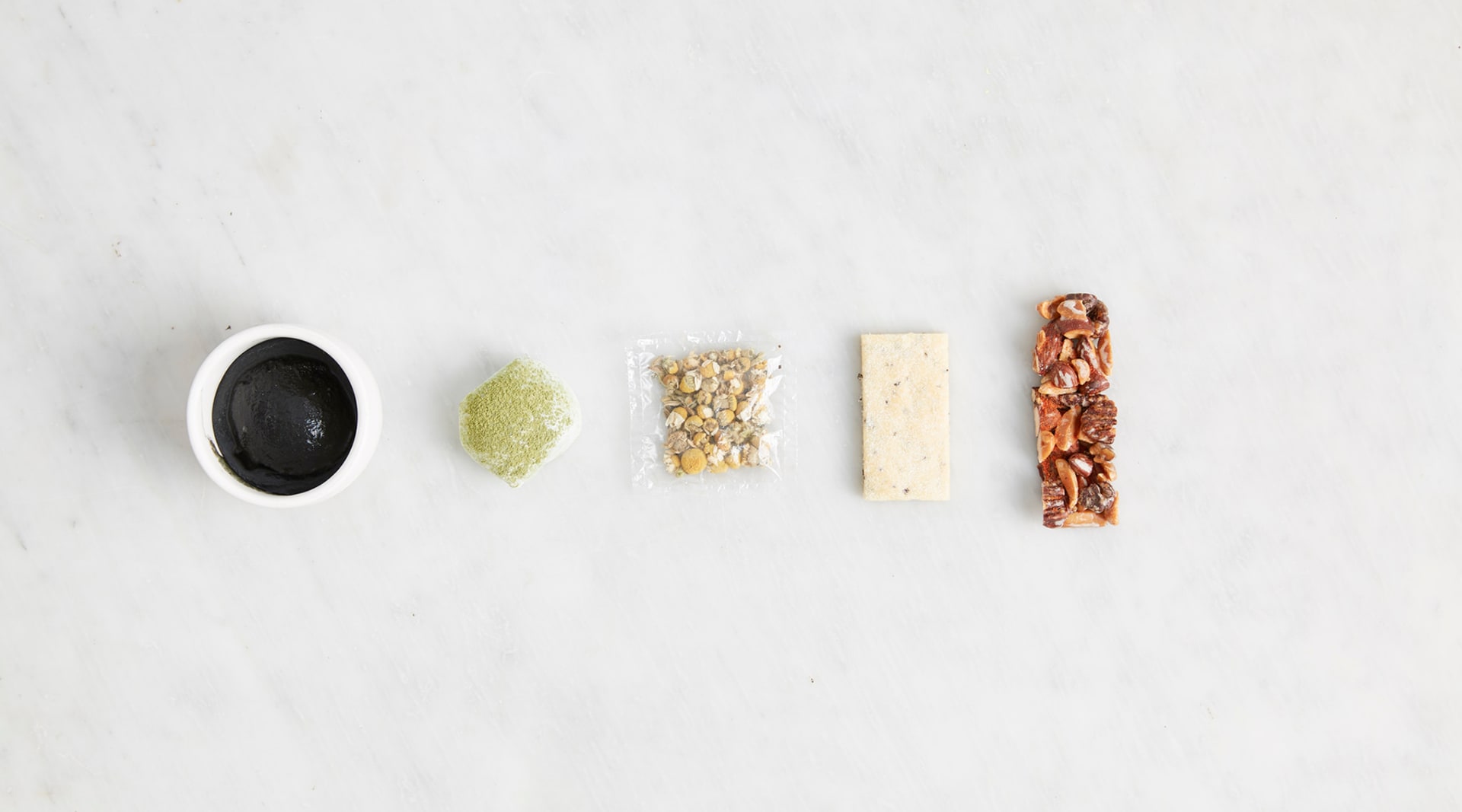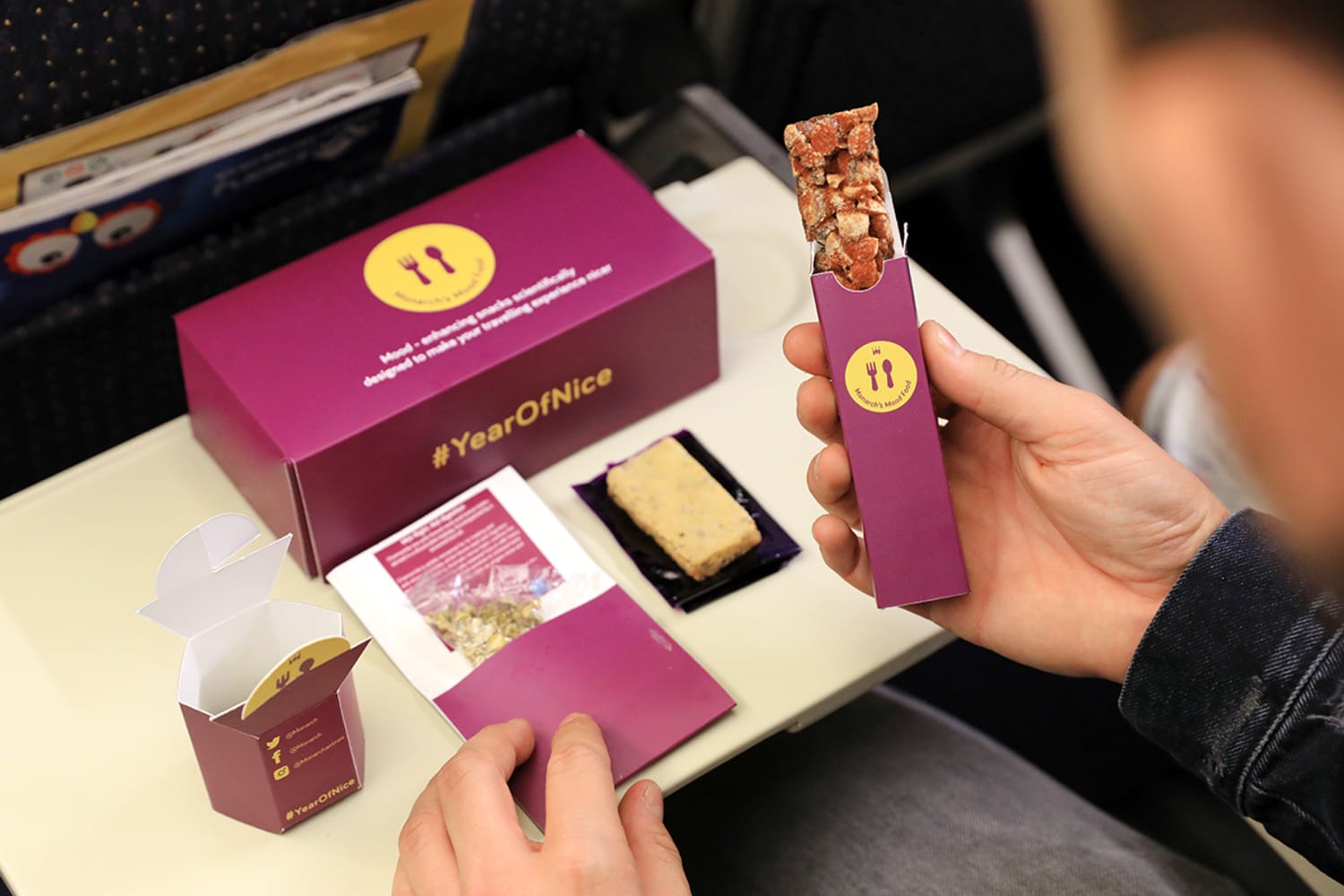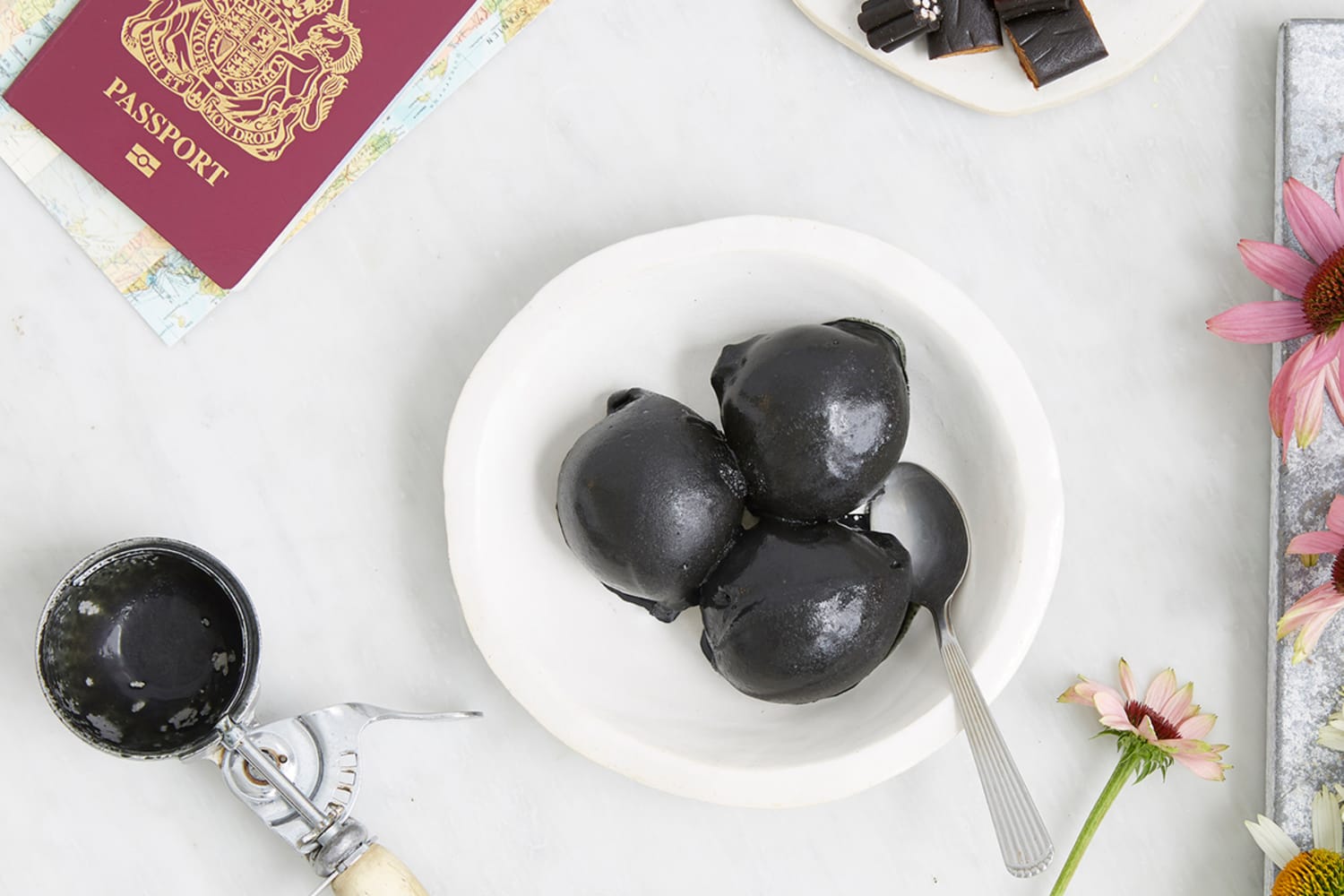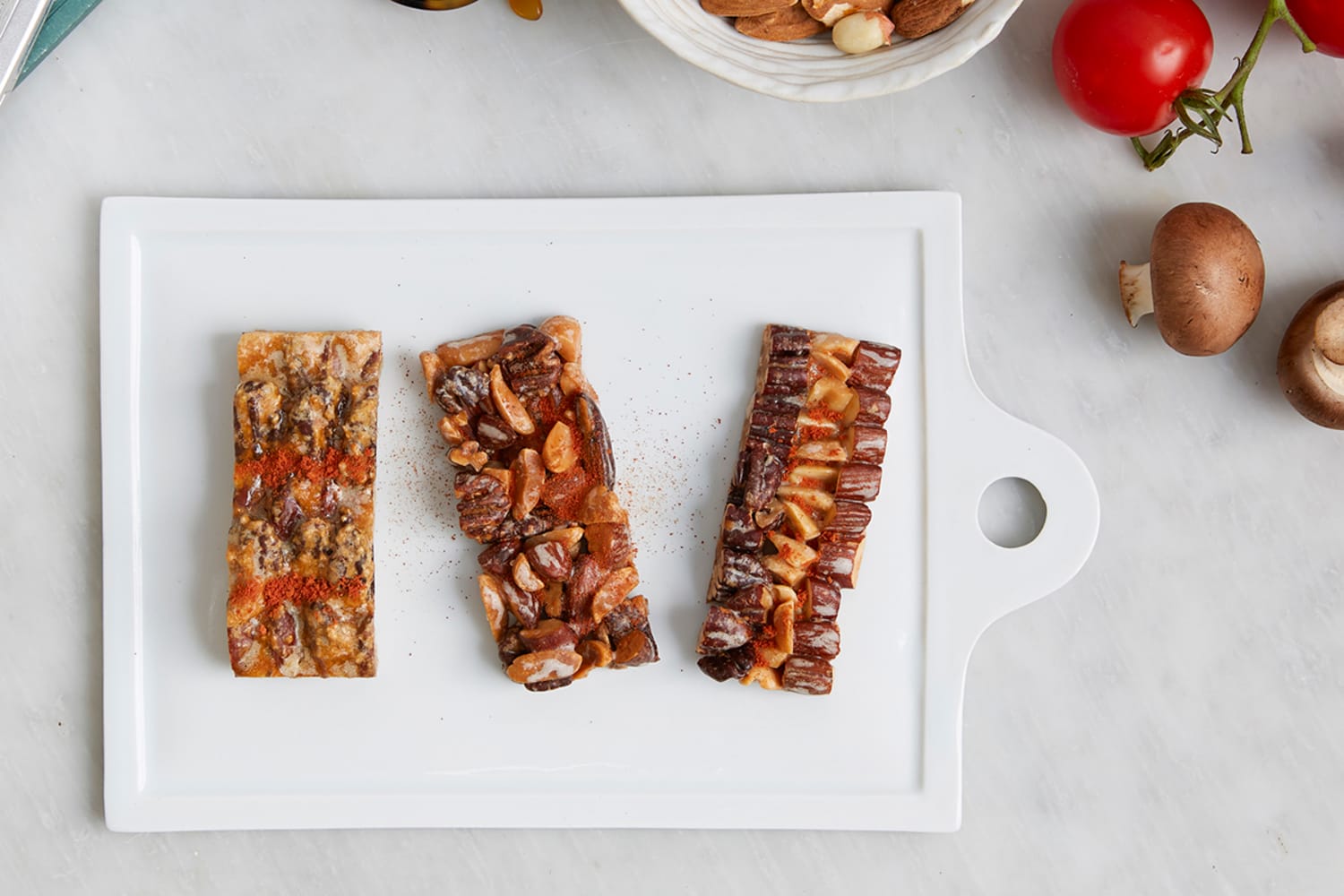This August, Monarch Airlines introduced a mood-enhancing food menu to create a calmer in-flight experience for passengers. The “Mood Food” box features echinacea and liquorice ice-cream to boost immunity, green tea and lavender cakes for relaxation and herbal tea to reduce bloating. It follows Monarch’s research which found that 72% of British travellers find travelling stressful and 33% don’t start to relax until the third day of their holiday.
To create the menu, Monarch partnered with Professor Charles Spence, an experimental psychologist who previously collaborated with Heston Blumenthal at The Fat Duck, a UK-based Michelin-starred restaurant. “Travelling is a time when we’re under pressure and rushed, so eating well is often an afterthought,” says Spence. “I’ve loved working with Monarch to use food—which can be a powerful psychological and physiological tool—to create the first ever real ‘happy’ meal to get travellers in the holiday mood as quickly as possible.”






